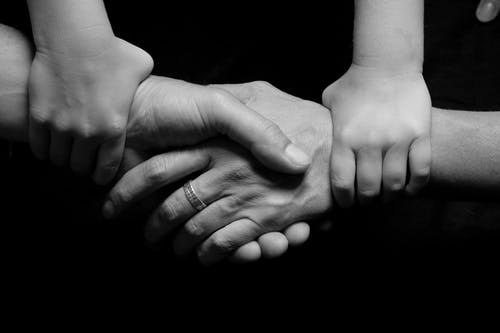Being a parent is no child’s play, they are expected to support, to guide, to protect, to advice and to love unconditionally. It becomes rather worrisome when it’s the other way around.
As a child, you might be inclined to think it is your fault but I assure you it isn’t. Life just hits hard sometimes and parents make bad decisions or turn to drugs just to cope with life’s challenges. If you are unsure as to whether or not your parent is an addict, here are some tell-tale signs;
Behavioural signs include; not showing up for work, showing up intoxicated or showing up late and regularly missing important meetings. Sudden financial problems, and legal troubles related to substance use should be looked out for. Not hearing from your parents for weeks at a time.

If you do still live at home, you might find that your parents are less engaged in what you are doing. They might seem wrapped up in their own world and they rarely ask you about your own life. Staying out later than normal, sleeping all day, mood swings and blatant dishonesty are also good indications.
Physical signs might include; sudden changes in weight or appetite, paying less attention to personal hygiene – teeth and hair are left unbrushed, clothing is left unchanged and showering is neglected, bloodshot eyes, unusual changes in pupil size, pale skin, slurred speech, or even body odours.
Psychological signs of substance abuse include paranoia, a sudden loss of stamina or extreme increase in energy, irrational bursts of anger, and unexplained changes in personality.
If perhaps, your parent is showing one or two symptoms above, it is pertinent you get them support. I know it might be hard but like they say hardest decisions are often the ones we need to take.
